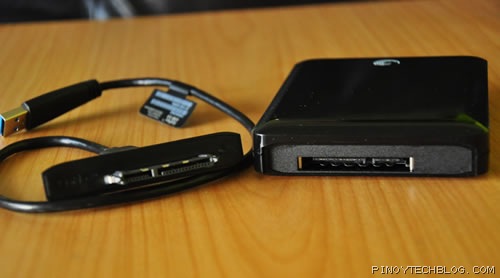

Here is a link to part one of a two part article about how Time Machine works, potential problems and how to address them. But if this was happening to me, I would dig deeper to see if there may be a connection. It could just be a coincidence that the OP's Time Machine drives are dying prematurely. When I work on long word processing documents I have other options for versioned backups. I can always do a manual backup if I am so inclined. I addressed the issue by scheduling a single daily backup at 6pm. I do not know whether having an internal APFS volume affects Time Machine I am relatively new to APFS and I haven't spent time learning more about it.Įven though I am retired with a greatly reduced computing workload, my TM partition still fills up very quickly. Since the target volumes are external mechanical drives, I doubt that they are formatted in APFS. Has that changed with APFS? I've never thought about it somehow I don't care as much these days as I used to, as long as things work. I agree recording changes at the file level is not the most efficient way. It can't write changes faster than the user makes them I still don't think it's heavy use in terms of sustained IOPS. If a user edits many large files, that's a lot of writing to disk. Since Time Machine does not use delta encoding, every time a change is made to a file the entire file is rewritten. Time Machine doesn't do that - I'd characterise it rather as light use.

Hard use of a disk would be constant seeking and read/writes.


 0 kommentar(er)
0 kommentar(er)
